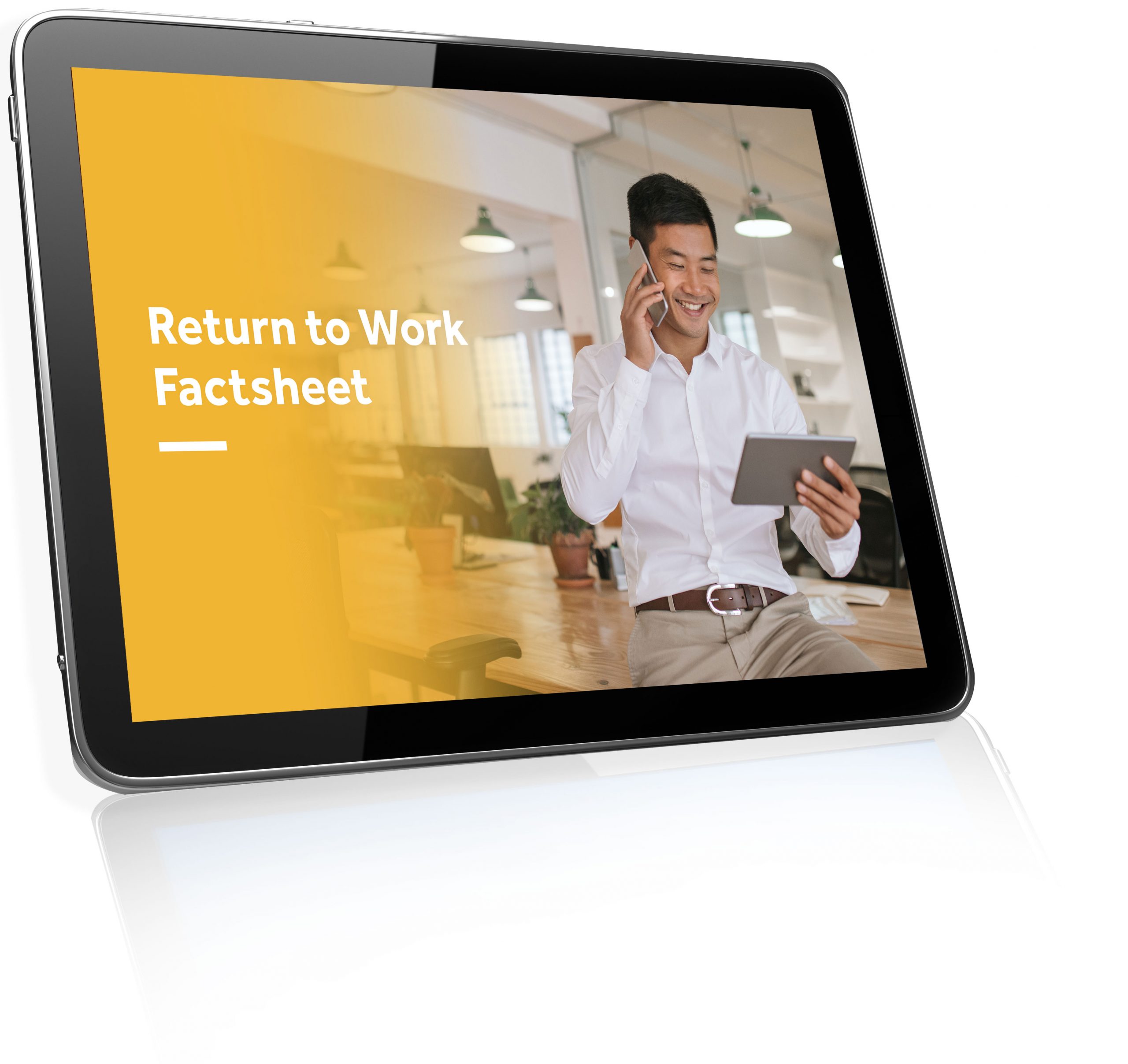
There has been constant discussion and debate around what workplaces will look like post Covid-19. Employers have concerns about managing remote staff and maintaining the same level of productivity. Employees have concerns about the uncertainty of illness, long commutes, and maintaining work-life balance. How do workplaces handle these nuances? How can you as a business owner manage remote staff with efficiency?
What do employers want?
Small businesses have faced a tough time over the past few years. The new normal, especially for them has been fraught with rising expenses and a tight labour market. Amidst all this, lurks the question of remote working or hybrid working. Employers feel there is a loss of productivity when staff work from home. They also believe that there is a lack of trust and accountability for remote staff. Managers find it difficult to make remote staff feel included and heard.
Companies are eager to call employees back to the workplace because they are spending money on office rent and equipment. Small businesses around the city centre or business districts are also feeling the strain of reduced foot traffic and lack of regular customers.
On the other hand, some employers see working from home (WFH) as a route to reducing costs by opting for co-working spaces, hot desking, and doing away with meeting rooms or spaces.
What do employees want?
Workers are struggling with anxiety about returning to the workplace. It is heightened by the risk of infection and the fear of closed spaces, lack of social distancing. While many are eager to get back to normal, they are considering finding a ‘new normal.’ Employees also strongly feel the desire to maintain a work-life balance. They found working remotely had led to reduced expenses, saved time on commute, and an ability to focus on their personal lives.
One of the disadvantages of working from home is that employees feel that there was an expectation to be always available, making the separation of work and personal life unclear.

Return to Work Factsheet
Whether you’re preparing for staff returning to the workplace or managing remote employees, our factsheet will help you understand what to do when things go wrong.
Advantages and disadvantages of remote working
The benefits of remote working include:
Money saved on commutes, food, and coffees
Money saved on fuel and parking
Time and effort saved on traveling
Money saved on work clothes
Money saved on childcare facilities
Smaller office spaces for employers
Options for flexible working
Reduced business costs (utilities, expenses, and overheads)
Studies have highlighted some disadvantages of remote working for longer periods. These studies have outlined that virtual teams or remote staff are more likely to feel alienated or disconnected. Employees who WFH permanently find themselves facing higher levels of work demands, loneliness, and increasing sense of disassociation.
Hybrid working
According to a study, 48% of employees in New Zealand are hybrid working with most working 50-50 between office and home. This number signifies that most of the workforce is no longer in the office full-time. The study mentions that hybrid workers are also the happiest employees. They find the balance a refreshing change and it allows them to develop a higher level of trust with their managers. Managers also believe in offering them independence and support as they need. Going back to the office for couple of days a week resulted in social interaction, stronger relationships, collaboration, and career progress.
Compared to hybrid workers, employees who worked full-time in the office scored poorly on innovation and consistently found themselves on the edge of burn-out.
If hybrid work is the new normal, are you prepared? How can managers make remote staff feel motivated and productive?
It can be tempting for small business owners to mandate a certain number of days in the office or workplace. Managers can feel in control and can support their staff when they need if they are in the office. However, employees preferred autonomy and the flexibility that remote working offers.
Managing remote staff
If your business allows for remote working, how can you support and manage remote staff?
Remember your obligations- Employers have health and safety obligations even when staff work from home or remotely. You need to ensure they have a safe working space at home.
Conduct a risk assessment- If your staff prefer to WFH, conduct a risk assessment of their home office.
Map a schedule- Having a structure when staff WFH reduces the uncertainty and questions around productivity. You can also share a list of tasks when they WFH.
Have a WFH policy- It is practical to have a clear and written work from home (WFH) policy. This policy should be included in the employee handbook and clearly communicated with all your employees.
Build a connection- Your employees are more likely to be committed if they feel a connection to the workplace. Are you regularly checking-in with remote staff? Do you find ways to include them in team activities?
Support mental wellbeing- If you have staff who WFH permanently, support their wellbeing and mental health. Staff who work remotely for longer periods need to feel included and respected. You can host virtual team catch-ups, activities or offer them monetary rewards/perks to keep them engaged and motivated.
Communicate consistently- Remote working increases the chance for miscommunication or feeling ignored by your managers. It is crucial that you communicate consistently and clearly about your expectations. Managers should use every opportunity to engage remote staff in dialogue.
How can Employsure help you?
Employsure has worked with over 30,000 businesses across Australia and New Zealand. We understand the concerns and issues facing small business owners. Call our 24/7 Advice line today to ask your tricky questions about employment relations and work health and safety.







